Everything you need to know about the Plastic Packaging Tax

NOTE: Since this blog was published, the rate of the Plastic Packaging Tax was increased in April 2023 to £210.82 per tonne. From 1st April 2024, the tax will be applied at £217.85 per tonne.
On 1st April 2022 the UK Plastic Packaging Tax will come into force. The tax will be applied at £200 per tonne to plastic packaging that contains less than 30% recycled content.
The tax is aimed at manufacturers and importers of plastic packaging but will encourage us all to make more sustainable choices.
There are a few exceptions where the tax will not be applied, and users of plastic packaging will need to consider the impact on their businesses.
So, what do you need to know? Our guide will tell you everything you need to know about the Plastic Packaging Tax if you are purchasing plastic packaging…
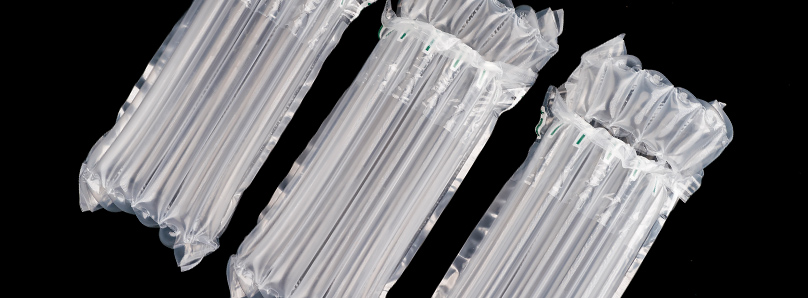
Why apply a Plastic Packaging Tax?
The plastic tax is being introduced to increase the demand for recycled plastic. This in turn will drive the increased recycling of plastic material and accelerate the growth of the UK recycling industry. The ultimate aim, of course, is a reduced dependence on fossil fuels.
Currently household recycling collection and processing is primarily dependent on the capabilities of local councils. The plastic tax should offer a financial incentive for investment in recycling and contribute to standardised recycling capabilities across Britain.
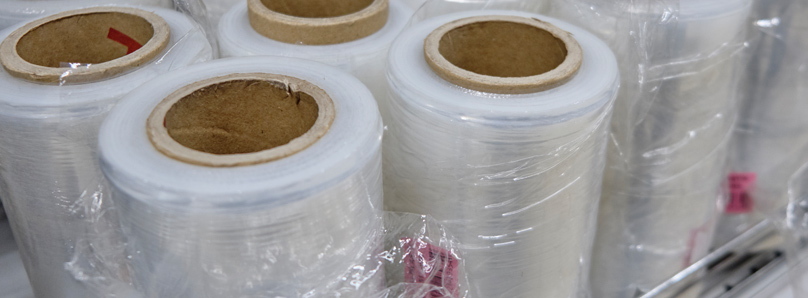
Which plastic packaging products will incur the taxation?
There are two main use categories that will attract the Plastic Packaging Tax:
- use in the supply chain
- single use by consumers
Packaging that contains less than 30% recycled content will attract the tax. This includes plastics labelled as biodegradable, compostable and oxo-degradable.
Composite packs will also be classed as plastic packaging if most of the materials used are plastic.
Recycled plastic comes from either post-consumer plastic or pre-consumer plastic. Post-consumer plastic comes from households, industrial facilities and returned materials from the distribution supply chain. Pre consumer plastic comes from waste generated in a manufacturing process and reused at the same site. However, it does not include pre-consumer plastic reused in the same process and generated as scrap or regrind.
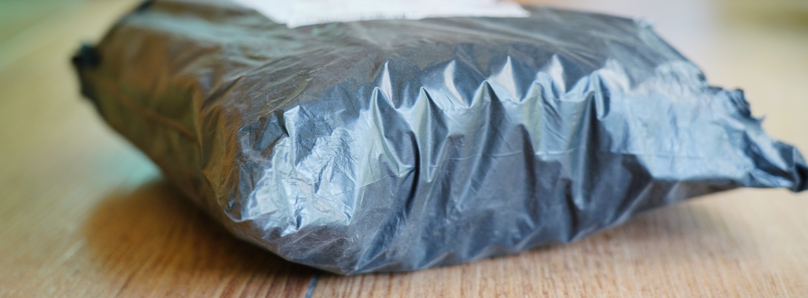
Exceptions to the Plastic Packaging Tax
If you are purchasing the plastic packaging to export outside of the UK and the export dates fall within the criteria of UK Government guidance, you can defer the taxation.
If you pay the tax before exporting goods, you may be entitled to a refund. This can only be claimed from HMRC if you paid the tax to them directly.
If you have paid the taxation to a manufacturer or distributor through the goods purchase price, you must claim the refund from the business that paid the tax to HMRC. You must have sufficient evidence to support your claim and paperwork that demonstrates the export of the packaging.
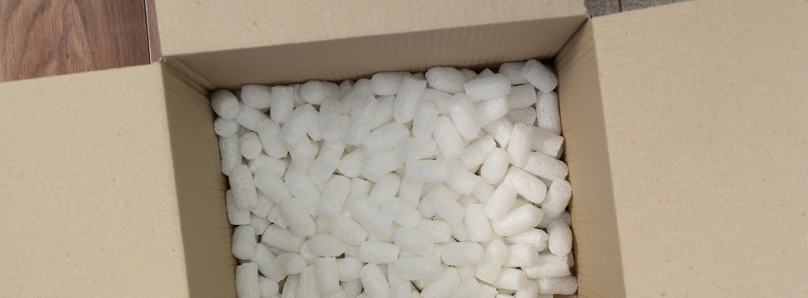
Reporting Plastic Packaging Usage
If you are eligible to pay Plastic Packaging Tax you need to keep a breakdown of the weight of plastic packaging components either finished or imported each quarter, in Kilos and grams.
You may be using packaging with a minimum of 30% recycled content. If so, you must provide evidence to prove it.
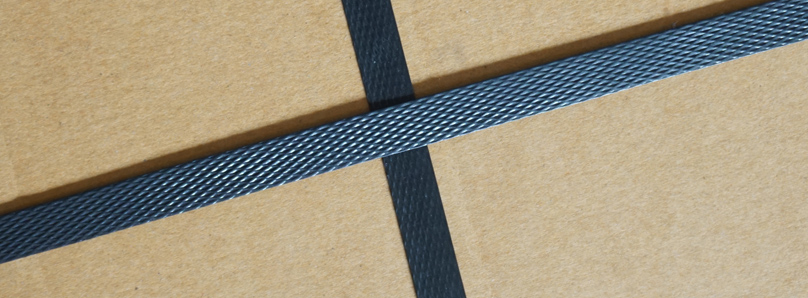
The impact on your supply chain
Now is a great time to review your packaging to find out exactly what plastic packaging you are using, understand why you’re using it and explore if there is an opportunity to switch to a more sustainable alternative.
How we can help
We’re converting our stock plastic products to contain at least 30% recycled content, as well as offering plastic-free alternatives. We can work with you to minimise the impact of the Plastic Packaging Tax on your supply chain. For more information contact us or visit macfarlanepackaging.com/plastictax.

